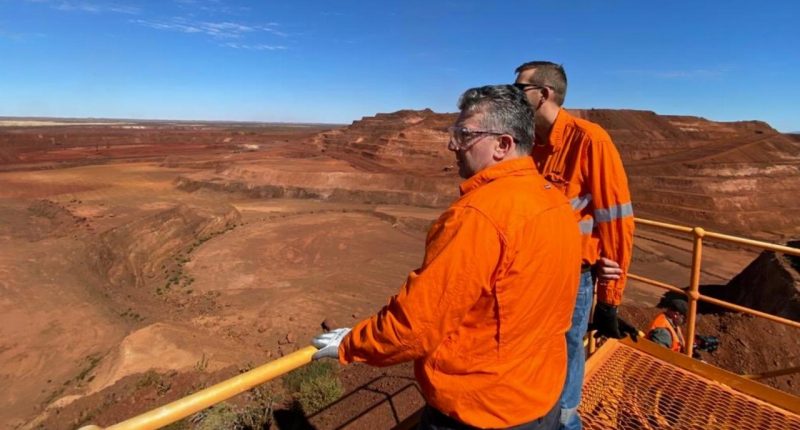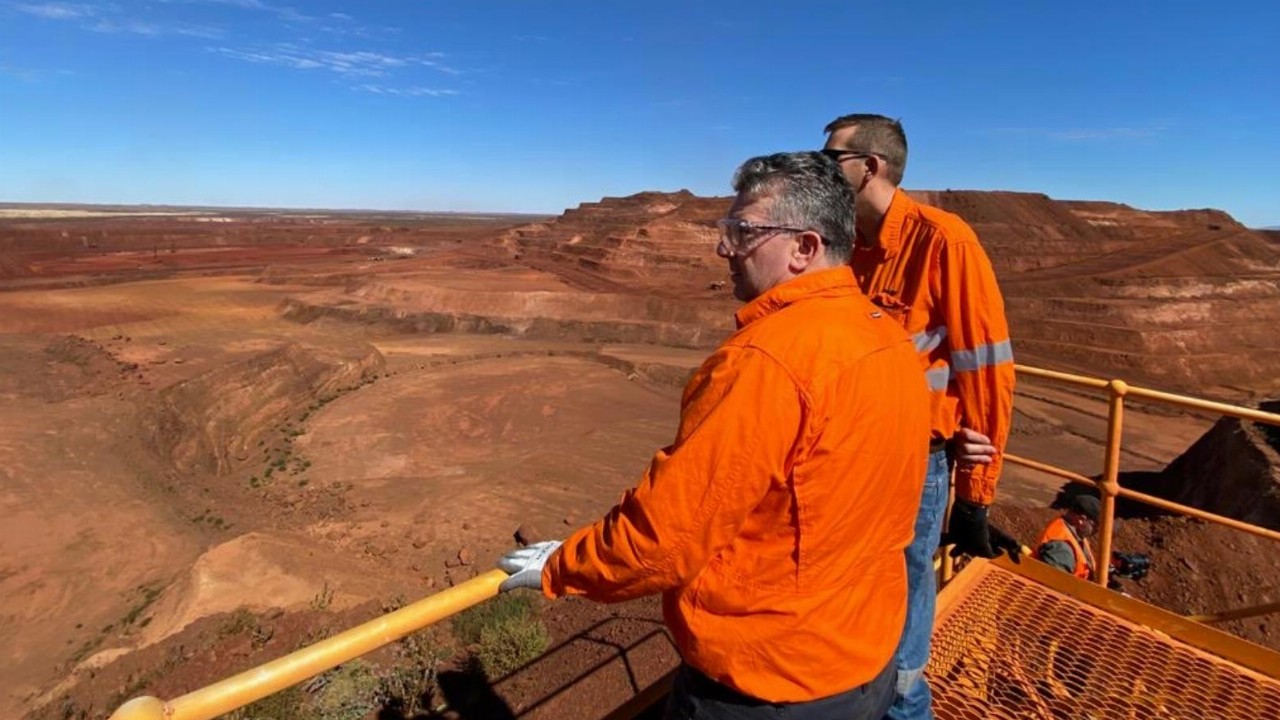- Australia’s Minister for Resources and Water Keith Pitt says coal will be a major contributor to the Australian economy “well beyond” 2030
- The comments come despite fresh calls from the United Nations for Australia to phase out coal by 2030
- Minister Pitt says coal is a “crucial industry” and its future will not be decided by a “foreign body” that wants to shut it down at the cost of thousands of jobs
- UN special adviser on climate change Selwin Hart says if the world does not “rapidly” phase out coal, climate change will harm the Australian economy
- The Morrison Government has previously said Australia is on a path to net-zero carbon emissions, but it has not committed to a timeline
Australia’s resource minister has reaffirmed that coal will be a major contributor to the Australian economy “well beyond” 2030 in a statement this week.
The comments come despite fresh calls from the United Nations for Australia to increase its efforts to phase out coal completely and turn to renewable energy.
Nevertheless, Minister for Resources and Water Keith Pitt said the latest coal export figures show that the commodity will continue to remain important to the Australian economy for some time.
“In the three months to July this year, coal exports soared to $12.5 billion, which is a 26 per cent increase on the previous quarter,” Minister Pitt said.
He added that coal is a “crucial industry” and its future will be “decided by the Australian Government, not a foreign body that wants to shut it down costing thousands of jobs and billions of export dollars for our economy”.
While Australia remains one of the world’s largest carbon emitters per capita, Minister Pitt said the nation accounts for around 6 per cent of total global coal production — coming in behind China, which accounts for 50 per cent; India, at 10 per cent; and Indonesia, at 7 per cent.
“Coal prices are extremely strong which reflects the strong global demand for our high quality thermal and metallurgical coal.
“Coal consumption throughout Asia is forecast by the International Energy Agency to grow over the next decade to meet the energy demands of countries like China, India and South Korea,” Minister Pitt said.
He said in light of this strong demand, reports of coal’s “impending death” are greatly exaggerated.
Minister Pitt even spoke highly of the controversial Carmichael Mine in Queensland, owned by Bravus, which was previously known as Adani.
“This project alone is directly employing over 2000 people in regional Queensland and around $2 billion local investment is supporting many more,” Minister Pitt said.
UN calls for coal phase-out
The United Nations has called on all countries in the Organisation for Economic Co-operation and Development (OECD), of which Australia is a member, to phase out coal in favour of renewable energy sources by 2030.
This call was reiterated by the UN’s special adviser on climate change, Selwin Hart, last weekend.
“We fully understand the role that coal and other fossil fuels have played in Australia’s economy, even if mining accounts for a small fraction — around 2 per cent — of overall jobs,” Mr Hart said.
“But it’s essential to have broader, more honest and ration conversation about what is in Australia’s interests.”
The time is now for Australia and all G20 countries to take bolder #climateaction. Business-as-usual risks sending living standards up in smoke. Coal phase-out by 2030 for OECD countries is a prerequisite to keeping 1.5C within reach. See my speech here: https://t.co/eNFtYSG0MY
— Selwin Hart (@SelwinHart) September 6, 2021
He warned that if the world does not “rapidly” phase out coal, climate change will wreak havoc across the Australian economy.
The Morrison Government has said Australia is on a path to net-zero carbon emissions, but it has not committed to a timeline.
Most other developed nations have committed to a net-zero target of 2050.







